Interview with Olaf Koch 3/4
METRO Wholesale sees itself as an omnichannel provider, combining modern wholesale stores with Food Service Distribution. What does that mean exactly for the customer?
For every product or service we offer our customers, we have to ask ourselves how we can make the shopping experience simpler and more cost-effective, but also more attractive. This means we are constantly testing new technologies in our stores. In our Compact Stores in France, for instance, our customers can pre-order product ranges that aren’t available in-store. The products are sent straight from the warehouse and are held for them at the store. In addition, our customers can simplify the in-store checkout process by scanning products themselves. Then all they have to do is validate their purchase quickly at the end and pay. Saving time is an extremely important factor and something that is permanently in our sights.
Customers helped design the Compact Store concept from the outset using virtual reality. Was this approach effective?
Definitely. In fact, it proved valuable even before the store became a reality. Thanks to virtual reality planning, we were able to consult our customers at an early stage of the process and optimise the store design accordingly. As a result, we were able to avoid construction errors that we would otherwise probably not have noticed until later. However much thought goes into planning things on paper, they often look different in practice. With VR planning we can let people experience the reality beforehand. We see a huge potential here for future projects as well.
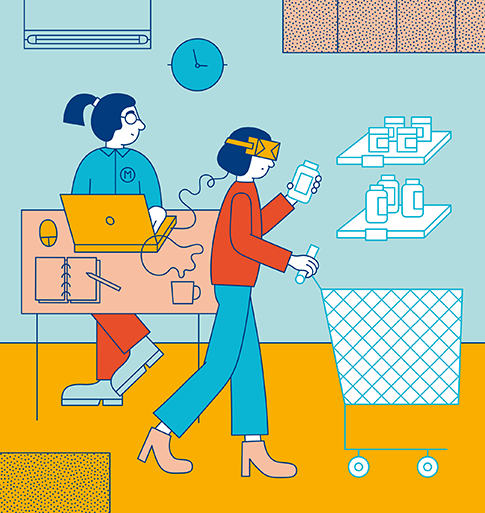
The new METRO Markets company is working on developing an internet version of the existing cash-and-carry business model. To what extent do online shops and store-based wholesale complement one another?
At our physical locations we are able to economically offer some 40,000 to 50,000 products. But our customers are looking for a much broader range of products. That’s why we set up METRO Markets: to link to suppliers all over the world who offer these products. In other words, we are opening a huge marketplace by giving other retailers access to our customer base of over 24 million commercial customers. This approach lets us expand our product range considerably and gives our relevance another significant boost.

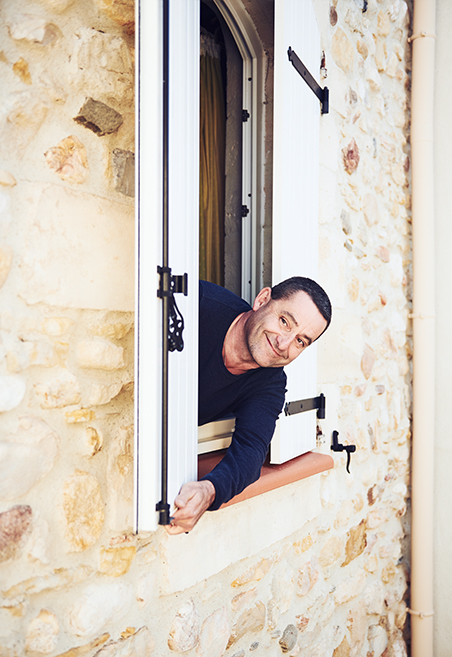
Restaurateur out of conviction
Franck Subileau is an experienced restaurateur. For years, he worked for various establishments – until he and his wife, Rosy, decided to take the plunge into self-employment and open their own hotel with restaurant and wine cellar. ‘Every morning, when I unlock the door, I’m so glad that we made this decision!’ he says. ‘It isn’t always easy, but I’ve never regretted it.’
La Bastide des Senteurs is located in Saint Victor de Malcap, a small community in the Gard department in southern France. In terms of both tourism and cuisine, the region has much to offer. This is appreciated by visitors, as is Franck and Rosy’s hospitality. Franck says, ‘We’ve known some of our guests for 20 years already. They don’t come here to stay in just any hotel – they come to stay with us.’
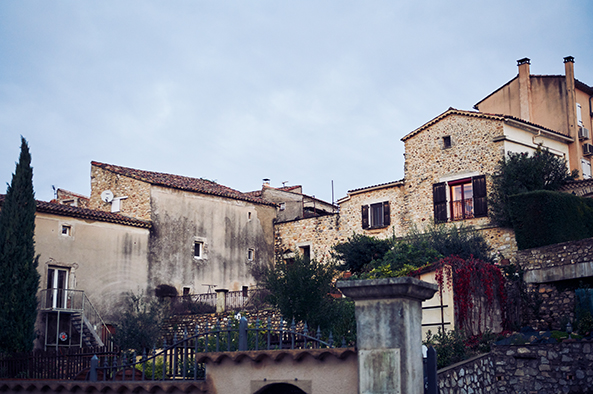
Close to the source
Franck and Rosy Subileau put in long days – in the season from the beginning of March to the end of October, they work from 5 o’clock in the morning until midnight. Accordingly, their time is valuable to them. For this reason, among others, Franck took immediate interest when he heard about the new METRO store that was to be built in Alès. ‘I used to have to drive an hour and a half to buy our food − 2 or 3 times a week,’ he explains.
The restaurateur was excited by the opportunity to contribute his energy and wishes as part of a co-creation project. ‘I’m a very curious person,’ he says. ‘I was really interested in how you build a complete store out of nothing.’
Watch video again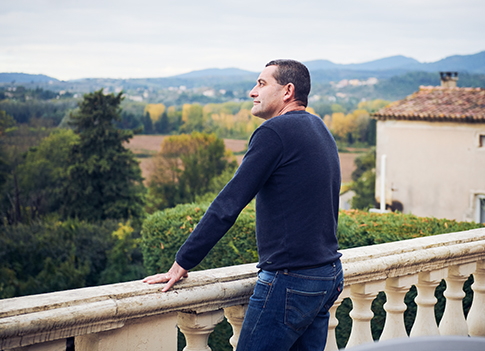
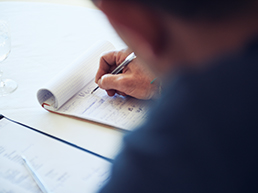

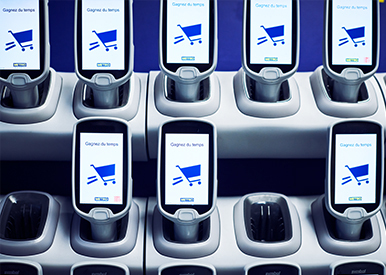
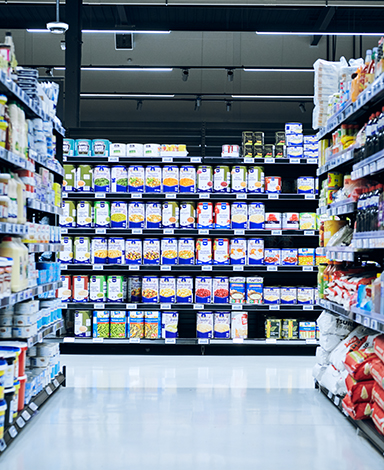
New technologies – new opportunities
The Compact Store in Alès doesn’t just have a new format. It is also the first METRO store to be planned and realised jointly with customers in an innovative co-creation process. Isabel Rudolf-Staubach developed and accompanied the project with her team: ‘The innovations that our French colleagues came up with for this new store format were so comprehensive that we couldn’t have got the job done with a normal workshop – so we decided on a new, very exciting approach.’
To quickly and realistically test as many innovations as possible with very busy HoReCa customers, the team turned to virtual reality: ‘In a kind of computer game, we invited the customers on a digital shopping trip. One of their tasks was to find 20 products in the store. While they did this, we asked them a long series of questions. On the basis of the interviews and the digital movement tracking, we were able to analyse specifically what the customers want.’ This results formed the basis for planning the Compact Store – and additionally delivered a wealth of valuable insights for further market planning.
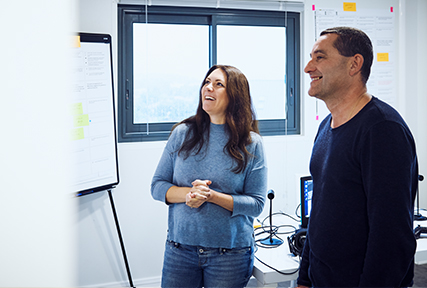
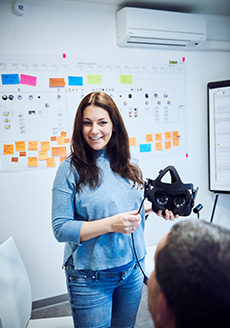
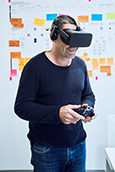
Compact Store Alès
The successfully tested and realised technological innovations in the Compact Store in Alès include, for example, hand scanners with which customers can record their goods themselves while shopping. This gives them a constant overview of what is in their shopping cart and the total to be paid. Thanks to self-checkout, the customers maintain control even while concluding their shopping and paying for their goods – which also results in considerable time savings.
The Compact Store is smaller than other METRO stores – but that doesn’t mean its customers have a smaller selection. All products carried by METRO France can be ordered and delivered via the virtual showroom.
Watch video again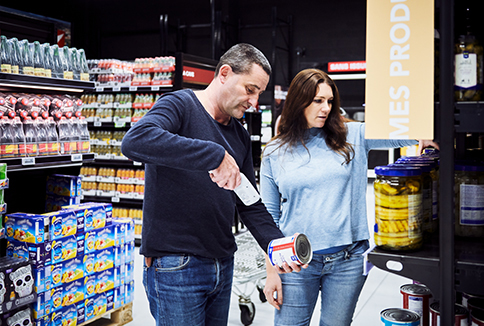
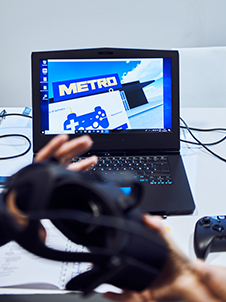
Discover more
WE ARE ON THE MOVE
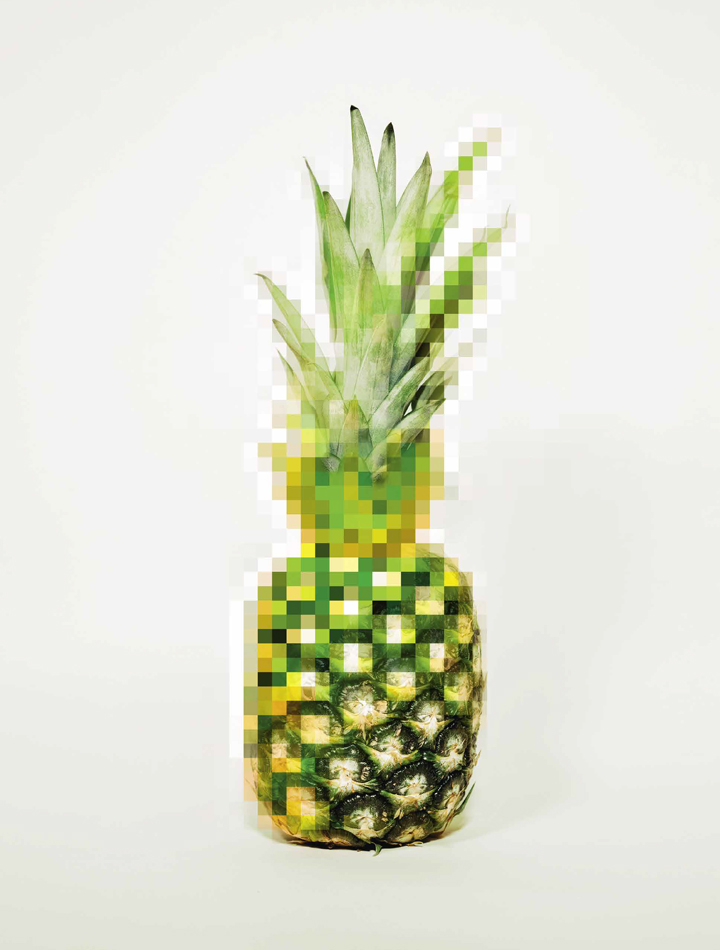
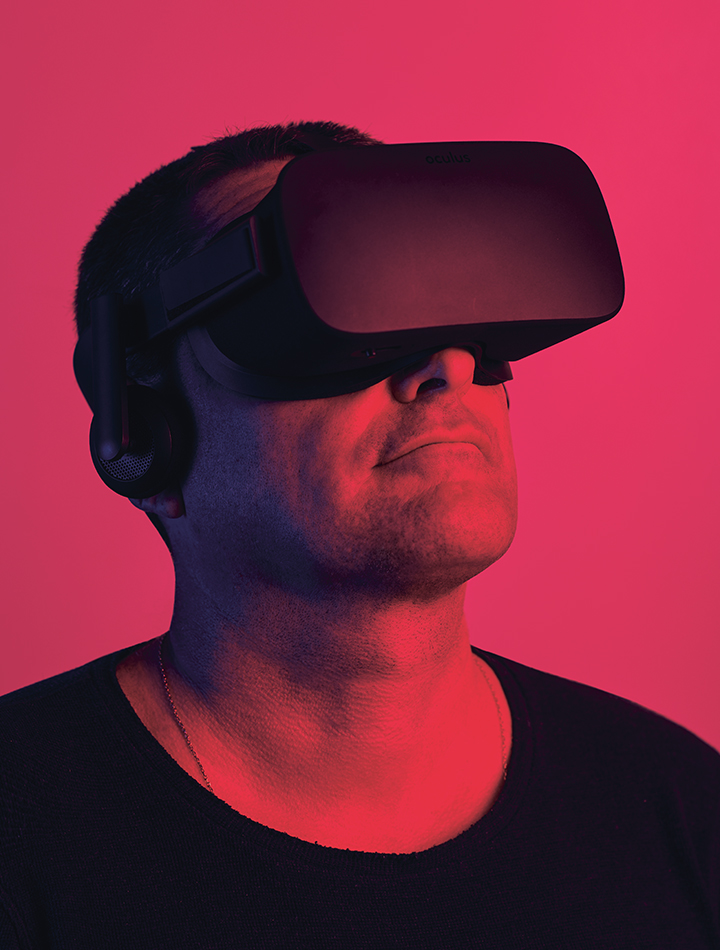
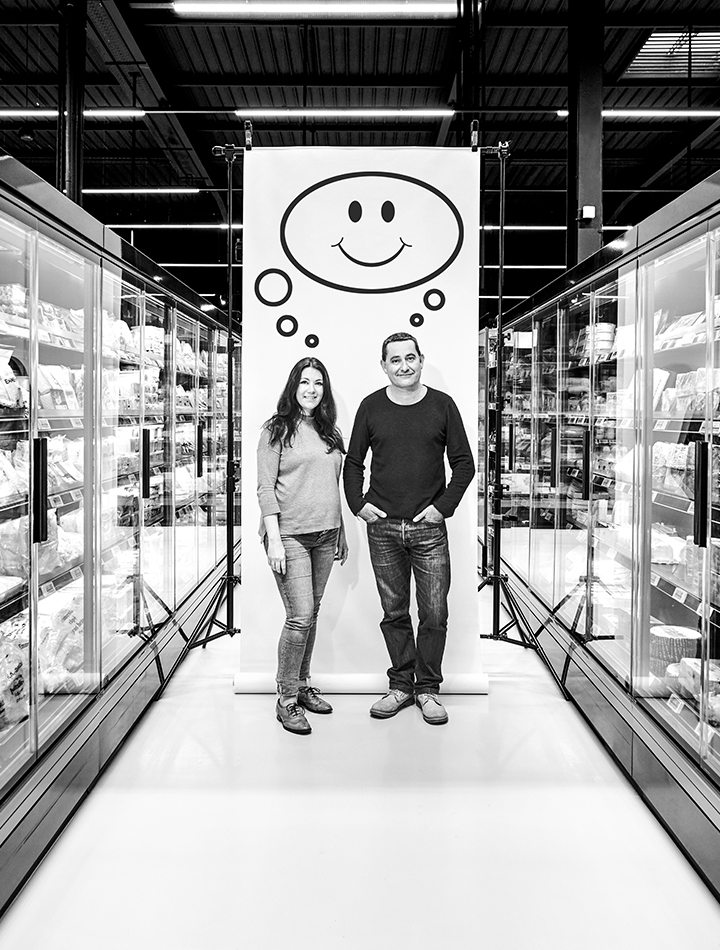
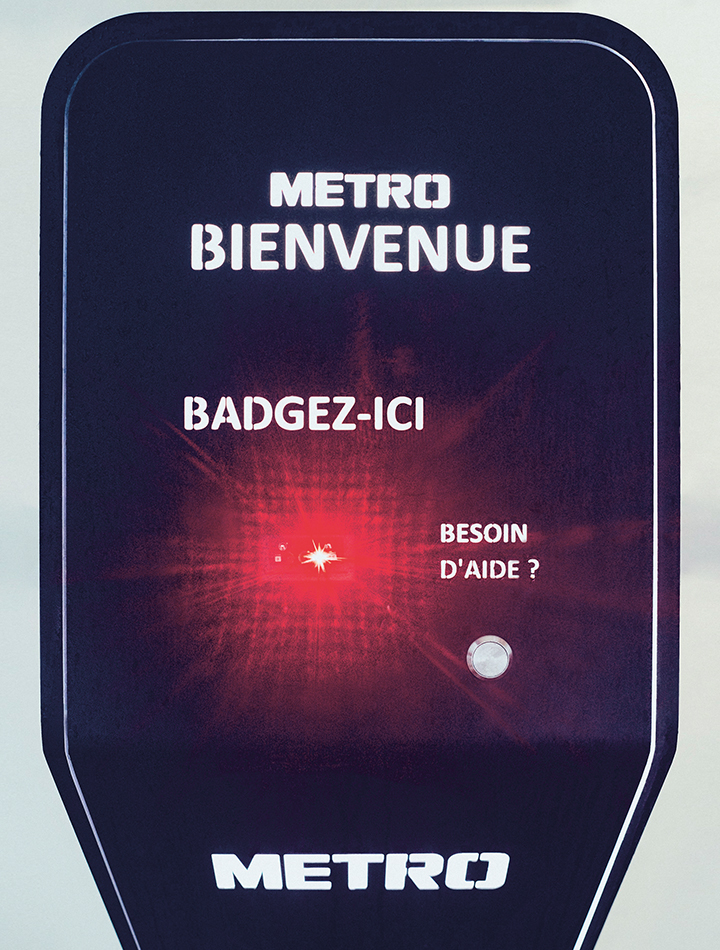
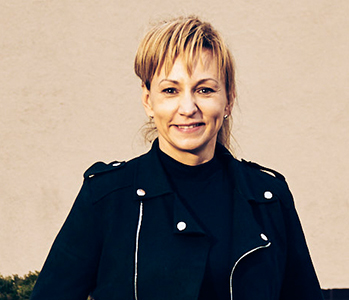
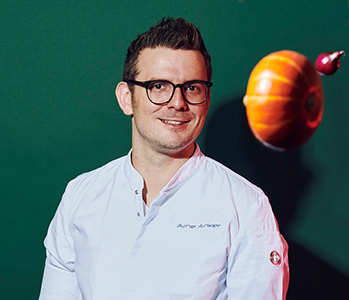
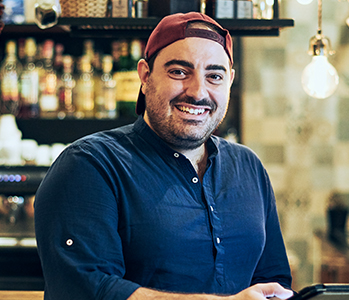
No one knows the wishes of our customers better than our customers themselves. That’s why they are our co-designers in our store planning – testing measures virtually before we put them into practice. Perfect teamwork!
@METRO_News